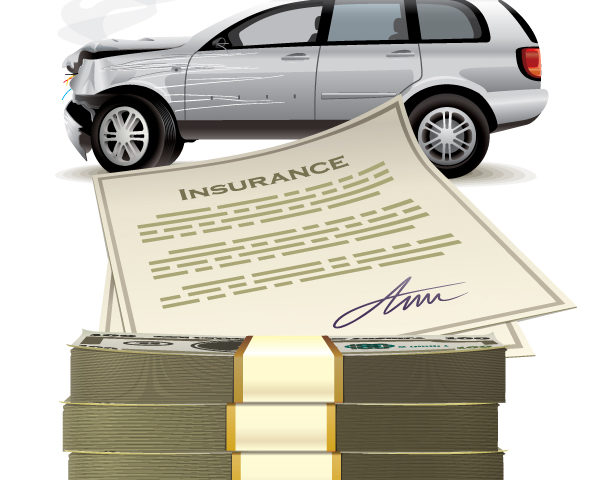How Do I Get My Car Fixed After the Wreck? How Much Will Insurance Pay For to Repair my Car?

How Do I Get My Car Fixed After the Wreck?
How Much Will Insurance Pay For to Repair my Car?
A property loss claimant is generally entitled to “replacement value” for property damages to their vehicle in a car wreck. This means the dollar amount to repair the damaged vehicle unless the vehicle is “totaled” or determined to be a “total loss.” The vehicle is considered “totaled” when the cost of repair exceeds the “actual cash value” of the vehicle. Auto insurers often consider the vehicle totaled when the cost of repairs exceeds 75% of the “actual case value” of the vehicle. Be advised that this may change from state to state., and you should not rely on anything in this article exclusively. This is not legal advise, and is being provided for information purposes only. Please consult a lawyer to determine what laws applies to your case.
Once the vehicle is totaled, the claimant will have to sign title over the auto insurer before they get their settlement check for the “actual cash value” of the vehicle as of the date of wreck. The auto insurer, once they get title to the totaled vehicle, will send the totaled vehicle to the junkyard and get money for the parts of the totaled vehicle. The auto insurer usually has a form that the claimant must notarize so the auto insurer can get title to the vehicle, and the claimant can get their check for the “actual cash value.” Sometimes the claimant can elect to keep the car and obtain a salvaged title, but will not receive the “actual cash value” of the vehicle since the insurance company is not getting title to the vehicle.
The insurance industry standard for determining “actual cash value” of the damaged vehicle is usually the NADA. It is generally recommended that you visit the above website to confirm whether you are being treated fairly for actual cash value you are receiving from the auto insurer. Please be advised that if you owe money on the vehicle (i.e. your vehicle is financed and you are paying a note), you are generally not entitled to recover the “gap” unless you have “gap” insurance. The “gap” is difference between the amount of money owed on the vehicle, and the amount of the loan amount on the vehicle. For example, if you owe $10,000 on your vehicle, but the “actual cash value is $8,000, there is a $2000 “gap. This is why it is highly recommended that people who finance vehicle also purchase “gap” insurance coverage to cover such deficiencies in the event that the actual cash value is less than the amount financed.
If the vehicle is not totaled, the auto insurer will send an independent adjuster to give an estimate for repair costs to the vehicle. The vehicle is then taken to a mechanic’s shop. At this time, the claimant should be told to keep the name of the property claims adjuster and the claim number for their property loss claim. If the mechanic finds additional damage to the vehicle after the initial estimate is made the auto insurer’s independent adjuster, the mechanic will normally contact the adjuster (and the client will provide them with the adjuster’s name and claim number since they have been instructed by you to keep this information), and the auto insurance adjuster will approve the additional charges. If the charges are not approved by the auto insurer, then the claimant can contest those charges by asking the mechanic whether they believe they were caused by the wreck. If they do, the mechanic will need to fax the adjuster and explain why. The mechanic’s have incentive to do this because they make more money if they do more repairs.
Please be advised that the above information is not legal advice, and any questions that you have concerning your property loss/damages claim should be directed to the attorney assigned to your case. I generally allow my clients to handle their property claims on their own due to the nature of how the law treats damaged for property loss. Of course, there are exceptions to this general rule, and if this applies to you, please contact the attorney assigned to your case.
Please call Ian Brendel at 251-301-0749 to Discuss Your Injury Claim

